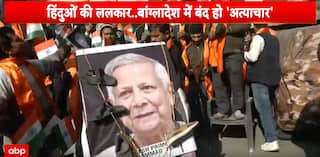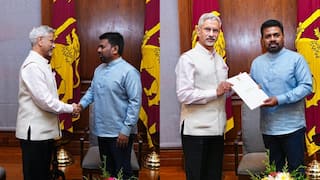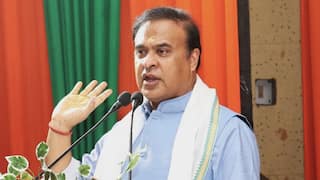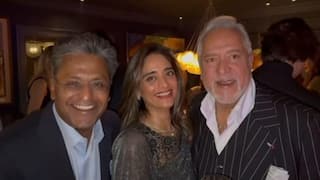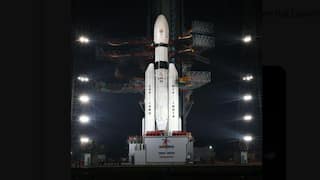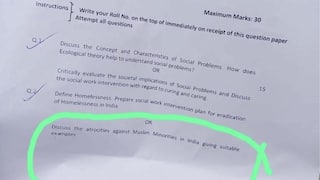Awarded Nobel Prize, 'Godfather of AI' Issued Stark Warning About Its Danger To Humanity
Professor Geoffrey E. Hinton made waves last year when he stepped down from Google because of his concerns about AI.

This year’s Nobel Prize for Physics has been awarded to two scientists credited with using “tools from physics to develop methods that are the foundation of today’s powerful machine learning”. However, one of them has time and again issued warnings about the potentially disastrous consequences of Artificial Intelligence deployed with mala fide intent.
University of Toronto Professor Geoffrey E. Hinton, who has won the prize with John J. Hopfield of Princeton University, is often referred to as the ‘Godfather of AI’.
BREAKING NEWS
— The Nobel Prize (@NobelPrize) October 8, 2024
The Royal Swedish Academy of Sciences has decided to award the 2024 #NobelPrize in Physics to John J. Hopfield and Geoffrey E. Hinton “for foundational discoveries and inventions that enable machine learning with artificial neural networks.” pic.twitter.com/94LT8opG79
According to a SkyNews report, last year, Professor Hinton surprised everyone by stepping down from Google due to his concerns about AI.
The report quoted an interview given by Hinton to the New York Times, where he said that he sometimes regretted his life’s work. “It is hard to see how you can prevent the bad actors from using it for bad things,” he said.
The technology, he added, could pose a threat to humanity because the machines often learn unexpected behaviour from the vast amounts of data they analyse.
Hinton expressed similar concerns after his Nobel Prize win, even as he acknowledged its immense potential benefits in fields such as healthcare, scientific research, and climate change mitigation, India Today reported.
“We have no experience in having things which are smarter than us. It could give us much better healthcare and be more efficient. It will make a huge improvement in productivity, but we also need to worry about bad consequences, particularly the threat of these things getting out of control,” Professor Hinton was quoted as saying in the India Today report.












